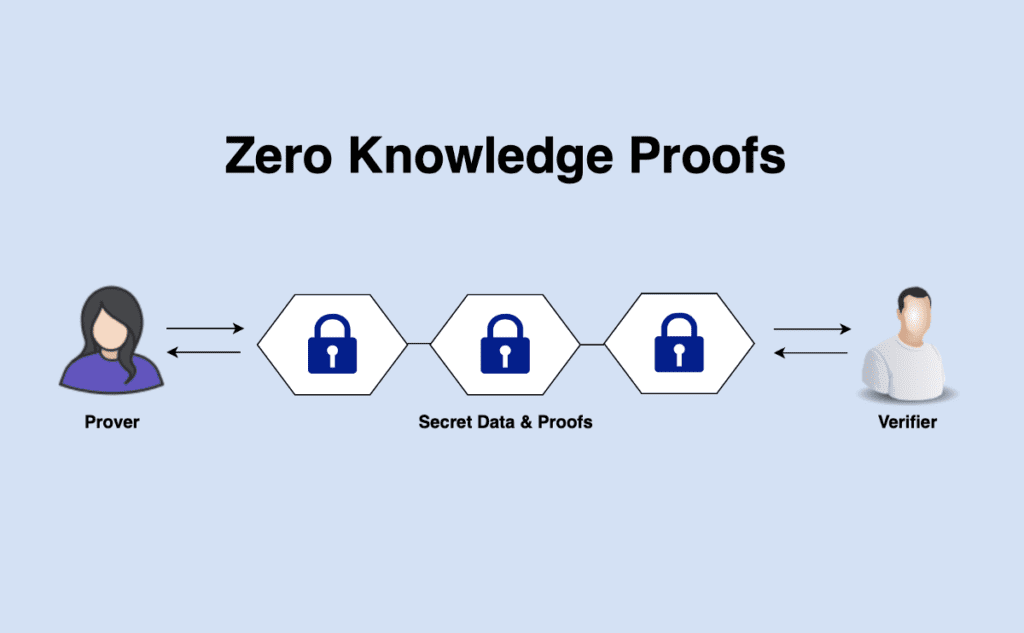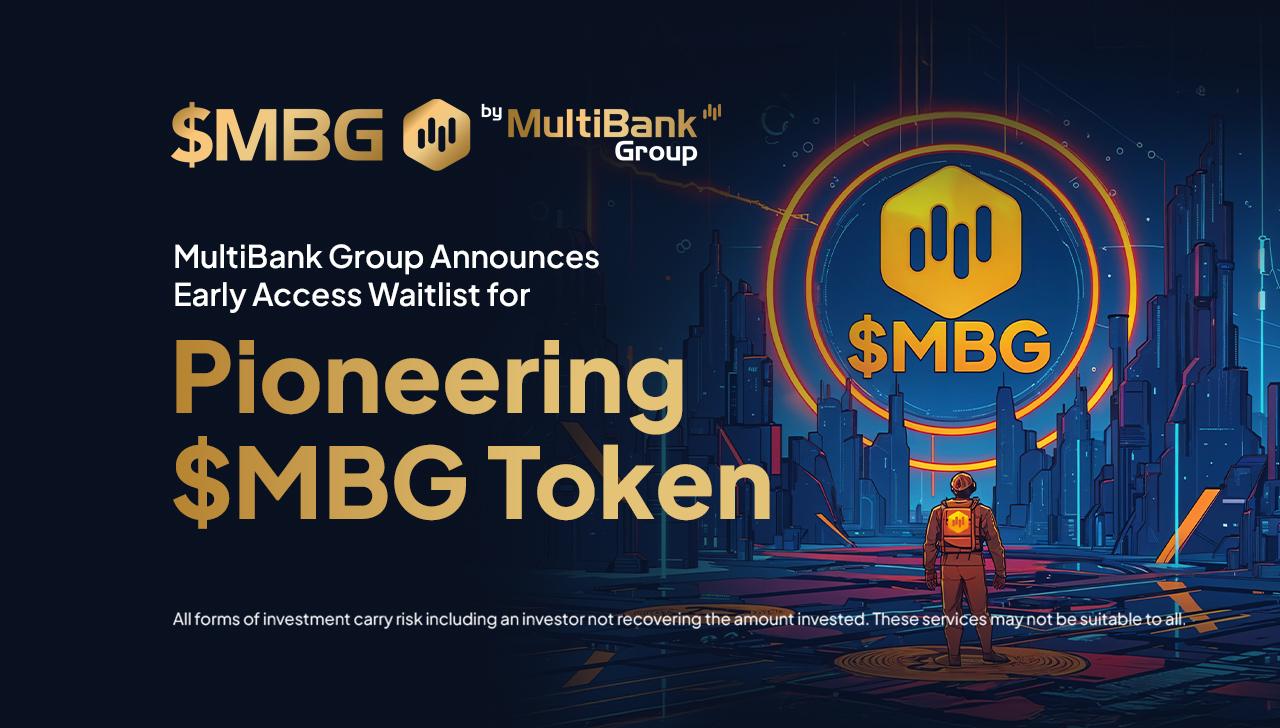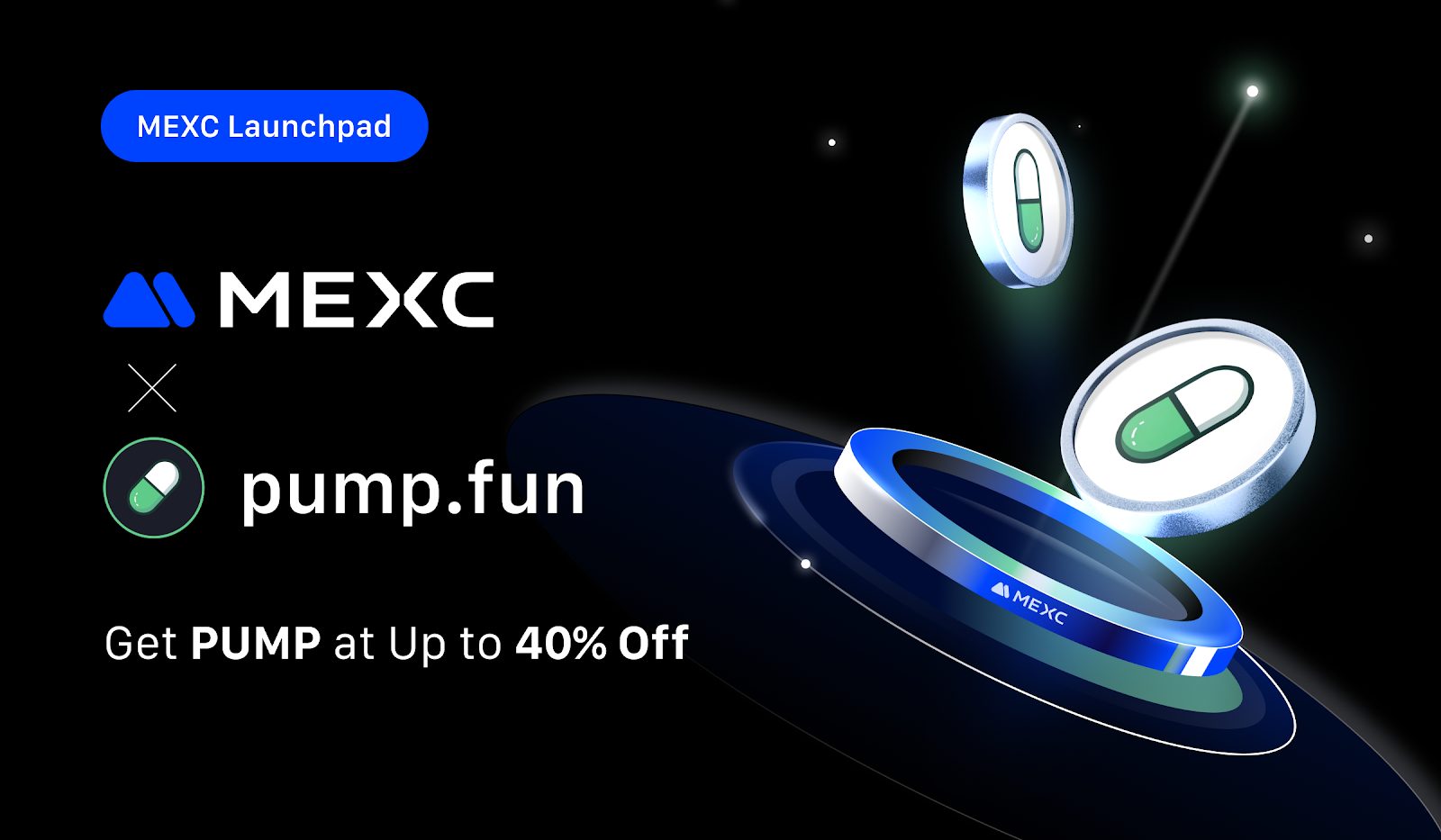A Look At Web3 Use Cases For Zero-Knowledge Proof. Is There Anything New To Add?
Key Points:
- Zero-knowledge proofs (ZKPs) are becoming increasingly popular in the Web3 ecosystem, as they enable privacy-preserving authentication and verification processes without revealing sensitive information.
- Some of the potential use cases for ZKPs in Web3 include decentralized finance (DeFi), supply chain management, and digital identity management.
- ZKPs offer significant advantages over traditional authentication and verification methods, including enhanced security, scalability, and privacy. However, they also pose unique challenges, such as the need for trusted setup procedures and efficient computation.
In 2022, due to the progress of ZK-Rollups in the field of Ethereum, Zero-Knowledge Proof will become the buzzword of the year in Web3. Some people even predict that the engine of the next round of the bull market will be zero-knowledge proof and claim that the importance of zero-knowledge proof to Web3 can be compared with the introduction of the blockchain concept by Bitcoin and the introduction of smart contracts by Ethereum.

Why does zero-knowledge proof have such a strong development potential? This may start with the development of Web3. Web3 aims to transfer network ownership to its users through a decentralized network. However, at present, Web3 seems to only bring user-centered values. There are still many problems to be solved before its vision is realized. Privacy and security are the keys to it.
In the design of the Web3 network, it is claimed that users interact with the decentralized network to avoid such disadvantages as Web2 centralized network data leakage, private data, and centralization. i.e., if you are running a full node, you get full, mathematically guaranteed cryptographic security. However, running a full node requires expensive hardware as well as staying connected to a large blockchain of 100GB.
Clearly, current cryptocrypto clients cannot handle this type of demand. Therefore, the current Web3 still relies heavily on trusted centralized intermediaries, and these intermediaries connect the Web3 decentralized network, which seems to run counter to the Web3 vision.
How to ensure privacy and security in a decentralized way in a decentralized network environment? Zero-knowledge proof technology cleverly solves this problem. In addition to network security, there are many use cases of zero-knowledge proof. The following will introduce the use cases of this technology in the field of crypto.
What is Zero Knowledge Proof
Before introducing the use cases of zero-knowledge proofs in Web3, let’s quickly understand the principles of zero-knowledge proofs. Zero-knowledge proof is a type of cryptography that allows one person (the prover) to prove to another party (the verifier) that certain details are true without providing any additional information.

Zero-knowledge proofs require the following three key requirements:
- Completeness: If the statement is really true, and both users follow the rules correctly, then the verifier can complete the verification without any other conditions.
- Reliability: The verifier will not be convinced under any circumstances if the statement is false. This method utilizes the theory of probabilistic checks to ensure that errors do not occur.
- Zero Knowledge: This means that the person verifying the information cannot know anything other than whether the assertion is true.
There are two main types of zero-knowledge proofs:
- Interactive zero-knowledge proofs require a prover to perform a set of tasks or actions to prove to a verifier that they possess specific information. Most of the tasks that have to be done in order to pass an interactive zero-knowledge proof usually involve things like mathematical probability.
- The prover and verifier do not need to communicate with each other to make the non-interactive zero-knowledge proof valid, and the verification will happen afterward. This type of special, zero-knowledge proof requires the use of additional calculations or programs.
Web3 Use Cases for Zero-Knowledge Proofs
Although zero-knowledge-proof technology was produced as early as 1980, it has not been widely used due to technical difficulties. How can zero-knowledge proof help the development of Web3? Let’s take a peek at a technology use case or two.
Off-chain computation
As more and more applications are deployed on Ethereum, the transaction processing speed on Ethereum is slow, and the lack of network scalability has become an important problem hindering its development. Building a Layer 2 network and transferring computing processing to off-chain has become an important solution to current problems. ZK-Rollups is one of the solutions recognized by the Ethereum community. ZK-Rollups is Starkware, and Zk-sync is an expansion project.
Scalability is the most common use case for zero-knowledge proofs in Web3. At present, there are also solutions that combine the two functions of expansion and privacy, such as the development of private Layer 2 public chains such as Aztec and StarkNet. Interested developers can learn more in the article “Talking about Privacy in Layer 2 Status and Future.”
Blockchain games
Take, for example, Dark Forest, a zero-knowledge proof-based game inspired by Cixin Liu’s The Three-Body Problem. As a strategy game, many conspiracies in the game come from the concept of hidden information or information asymmetry, the entire Dark Forest universe is infinite, and it is full of thousands of opposing players, robots, scripts, smart contract players, etc.
However, a single player can only access a small portion of the entire universe map after joining the universe, which is what gives The Dark Forest its soul. How to realize the “hidden” part of the information on the blockchain where the information is open and transparent, this is exactly the information that the “hidden” part realized based on zero-knowledge proof does not want to disclose or needs trigger conditions.

Asset security
Blockchain technology not only ensures that our assets are only handled by ourselves (non-custodial) but also distributed and stored in multiple nodes, reducing asset risk. And zero-knowledge can also help to further improve the level of Web3 security. Using mathematical verification instead of probability theory in security design, zero-knowledge reduces potential risks by adopting validity proofs, which guarantee the accuracy of the information, specifically:
The only person who can decipher the crypto information is the user; if the prover is forged, the final root obtained will be different, and the verifier will refuse to accept it;
Even if all verifiers collude with the prover, the account state can be rolled back and corrected due to the availability of blockchain data;
When using zero-knowledge proofs, additional checks and hardening mechanisms are often employed.

User Authentication
An individual’s cryptographic identity can be confirmed through zero-knowledge proofs. Zero-knowledge proofs allow users to verify their identity in the system without revealing their full personal information. For example, when you log in to an account, you need to enter your username and password, but if you use zero-knowledge proof technology, you only need to produce a ZK Proof, and the platform will never be able to calculate your real password, without revealing sensitive personal data. Complete personal identity verification.
Document sharing
We often face certain data-sharing requirements on the Internet, and in the process of sharing, we will face problems such as information loss and interception. When the zero-knowledge proof is combined with blockchain technology, data can be encrypted in fragments, which not only ensures the security of transmission but also enables users to have the right to manage certain blocks and the information contained in them, thus granting certain users access rights, while unauthorized users cannot access your shared documents.
Storage protection
As one of the three pillars of Web3, decentralized storage is very important for the development of the industry. The zero-knowledge proof can provide better protection for storage security. It can use the algorithm to set the corresponding protocol so that the storage unit and the protocol in it are encrypted, and even the access channel will be encrypted to protect the security of Web3 cloud storage. Take it to the next level.
Zero-knowledge-proof technology still has a long way to go
Beyond scalability and privacy use cases, the use cases for zero-knowledge proofs are vast, and their role in Web3 is clearer. At present, many projects have begun to use this technology in project practice. According to Messari statistics, a number of projects in the most widely used expansion field of zero-knowledge proof will usher in a critical period of development in 2023, such as Scroll, Polygon zkEVM, etc.
The main network of the project will be launched successively. In the article “Expansion track is sprinting at the beginning of the year, taking stock of the L2 projects that have recently launched the testnet”, the zero-knowledge proof project that has recently been launched on the testnet is also introduced.
But we also need to realize that although zero-knowledge proofs have broad application prospects and many fields in Web3, the performance problems of their proofs have not been properly resolved. Many teams are currently working on hardware acceleration, but this hardware acceleration is only partially responsible for valid proofs. Optimization still needs to be done at the algorithm level, software level, and others.
In view of this, the effective use of zero-knowledge proof this year will appear in small-scale applications, and it is difficult to be widely used on a large scale. After DeFi, there is still a long way to go for zero-knowledge proof to become the engine of the next round of bull market.
We hope that more Web3 developers will dare to challenge and overcome its technical problems based on the prospect of zero-knowledge proof to promote application practice with technological progress. The next article in the “2023 Encryption Industry Development Trend Forecast” series will focus on new technologies and changes in the field of encryption security. Please stay tuned and stay tuned!
DISCLAIMER: The Information on this website is provided as general market commentary and does not constitute investment advice. We encourage you to do your own research before investing.
Join us to keep track of news: https://linktr.ee/coincu
Harold
Coincu News























